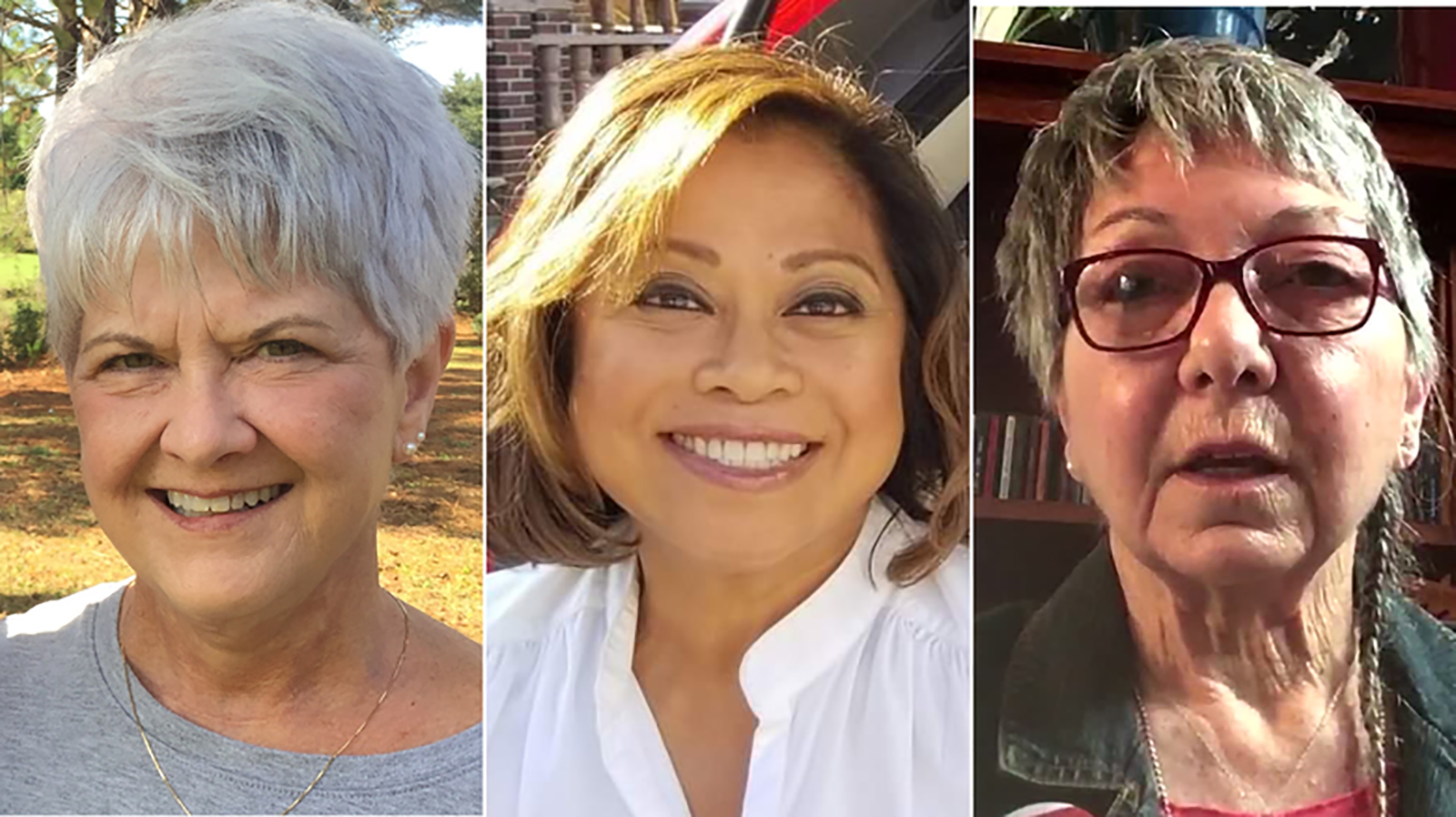Surgeon general defends vaccine rollout

Juliana Morawski has realized that she most likely couldn’t go back to working in an emergency room, even if she wanted to. As a retired emergency nurse of 30 years, that realization is hard for someone who just wants to lend a helping hand on the front lines.
But even though she isn’t in the ER, Morawski, 69, is working at an Illinois clinic, answering phones and administering Covid-19 vaccines, and she told CNN she takes comfort in knowing that “anything is better than nothing.”
She said due to her age and some minor health problems, she thinks ER managers would consider her a high risk.
I still, honestly, feel guilty that I’m not able to help (in the ER) because they (nurses) are so burned out,” she said.
“They’re definitely getting hammered and hammered, daily.”
Morawski got a first dose of the Covid-19 vaccine last week and said she’s looking forward to the second dose next month.
Call to action: In March, New York Governor Andrew Cuomo, along with officials from around the world, put out calls for qualified healthcare workers to dig out their scrubs and return to their craft to help fight on the front lines of the coronavirus pandemic.
Evelyn Ochoa-Celano, 63, answered that call despite having retired from nursing, three months prior. Unfortunately a few months later, she died of coronavirus herself.
Ochoa-Celano retired from a city hospital in the Bronx, New York, her son, John Tabaniag told CNN, but was picking up part-time shifts at a nursing home on Long Island to stay busy.
After Cuomo’s letter came out, Ochoa-Celano called her son to say she was transitioning back to full-time work at the nursing home.
As much as Tabaniag was proud of his mom for wanting to fight on the front lines, he was worried about her health. Having lost his stepfather and younger brother, he feared losing his mother, too.
![]()


